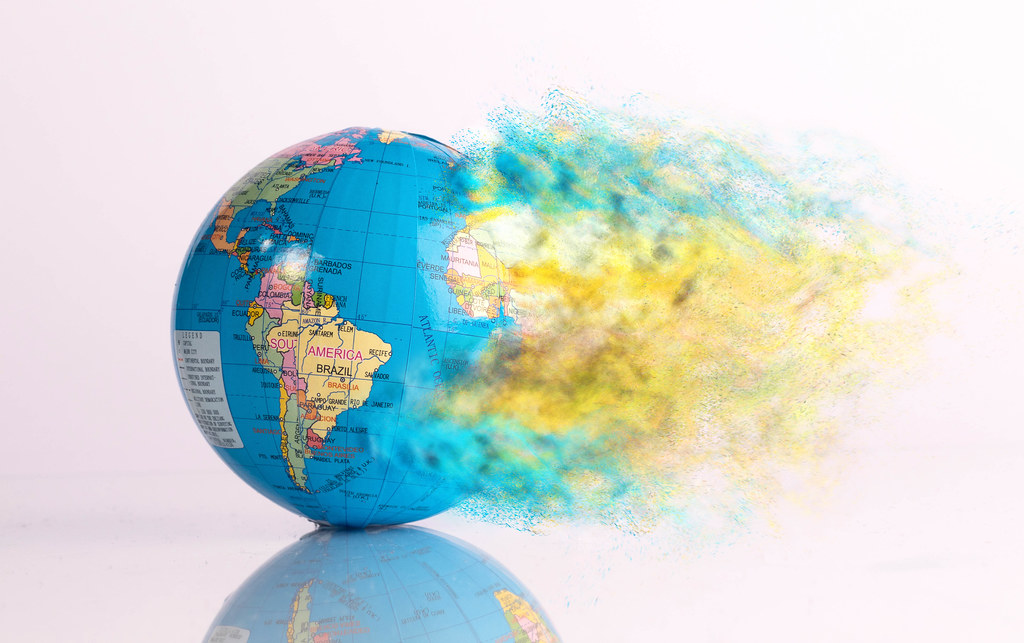Why so much is going wrong at the same time
Lots of things are going wrong. Does that make it a polycrisis?
By Thomas Homer-Dixon. Published in Vox, Oct 18, 2023

Is the world facing a “polycrisis”? Is there even such a thing?
First coined in the late 1990s, the term entered the zeitgeist earlier this year, when “polycrisis” became the neologism du jour at the most recent World Economic Forum meeting in Davos. Its use evoked the world’s current tangled mess of problems — pandemic, war, climate extremes, energy shortages, inflation, rising authoritarianism, and the like — and the term caught on.
Inevitably, critics have multiplied since then — as have crises, such as the violence now convulsing Israel and Gaza. Those on the political center and right say the polycrisis concept is nothing more than a fancy buzzword. Sure, a lot of bad stuff is happening in the world, but that’s always been the case. As historian Niall Ferguson has scoffed, the polycrisis is “just history happening.” For Ferguson and other critics, the concept merely recycles old alarmist, Malthusian tropes. We can count on well-established counterbalancing forces, they argue, including free markets’ price mechanism, to keep today’s crises from causing widespread harm.
Meanwhile, critics on the left say that the polycrisis idea distracts attention, perhaps deliberately, from the real driver of humanity’s traumas: relentless, predatory globalized capitalism.
The ruckus the term has sparked, though, suggests it’s tapping some irksome truths.
One is the assertion — implicit in the notion of polycrisis — that what’s happening today is essentially new. This idea particularly vexes critics on the political center or right, because it suggests that dominant economic and social structures need to radically change to accommodate our new reality. These critics would rather believe that humanity has been in similar circumstances before; and since we’ve coped well before (supposedly), we’ll cope again without changing things much.
Groupthink helps sustain this comfortable belief. Even Adam Tooze, the Columbia University historian who has been among the most thoughtful proponents of the polycrisis concept, makes the case for novelty only tepidly, saying the world exhibits a bewildering synthesis of long-established trends and new phenomena.
But in reality, new phenomena are now reconfiguring and even overwhelming old trends at an accelerating rate. We’ve moved so far and so fast outside our species’ previous experience that many elites don’t have the cognitive frame to grasp our situation, even were they inclined to do so.
To see how novel today’s world really is — and how this novelty is helping to generate today’s polycrisis — let’s compare humanity’s past and present state on four key measures. This list isn’t remotely exhaustive, but it’s easily enough to make the case.
The most basic measure is …
Read the rest of this excellent article here!

















